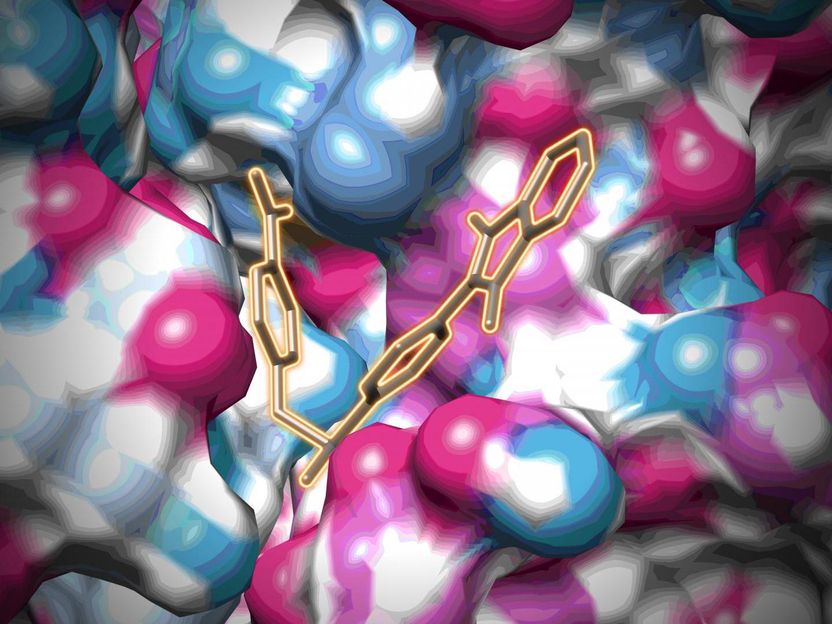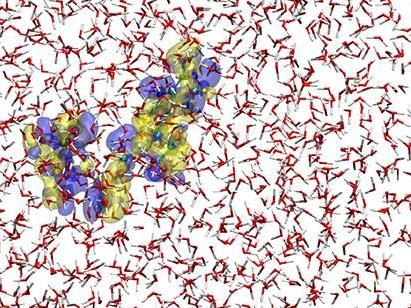Alcohol tolerance 'switch' found
Implications sought in human alcohol consumption, liver disease
Researchers at North Carolina State University have found a genetic "switch" in fruit flies that plays an important role in making flies more tolerant to alcohol. This metabolic switch also has implications for the deadly liver disease cirrhosis in humans. A counterpart human gene contributes to a shift from metabolizing alcohol to the formation of fat in heavy drinkers. This shift can lead to fatty liver syndrome – a precursor to cirrhosis.
In the study, published in Genetics , the research team measured the time it takes for flies to stagger due to alcohol intake while simultaneously identifying changes in the expression of all their genes. They used statistical methods to identify genes that work together to help the flies adapt to alcohol exposure. In looking at corresponding human genes, a counterpart gene called ME1 was associated with alcohol consumption in humans, as people with certain variations of the gene showed a tendency to drink stronger alcoholic beverages.
Dr. Robert Anholt, William Neal Reynolds Professor of Biology and Genetics at NC State and the senior author of the study, says the research has possible clinical implications.
"Our findings point to metabolic pathways associated with proclivity for alcohol consumption that may ultimately be implicated in excessive drinking," he said. "Translational studies like this one, in which discoveries from model organisms can be applied to insights in human biology, can help us understand the balance between nature and nurture, why we behave the way we do, and – for better or worse – what makes us tick."
Other news from the department science

Get the life science industry in your inbox
By submitting this form you agree that LUMITOS AG will send you the newsletter(s) selected above by email. Your data will not be passed on to third parties. Your data will be stored and processed in accordance with our data protection regulations. LUMITOS may contact you by email for the purpose of advertising or market and opinion surveys. You can revoke your consent at any time without giving reasons to LUMITOS AG, Ernst-Augustin-Str. 2, 12489 Berlin, Germany or by e-mail at revoke@lumitos.com with effect for the future. In addition, each email contains a link to unsubscribe from the corresponding newsletter.
Most read news
More news from our other portals
Last viewed contents
Second-generation Biofuels Heading Steadily towards Commercial Success, Asserts Frost & Sullivan
Sartorius to Sell Its Industrial Technologies Division to Minebea Co., Ltd. - Sartorius to focus on its core bioprocess and laboratory businesses

New vulnerability found in major human viruses - Structural feature may lead to antivirals for the common cold, polio, and other pathogens
Galapagos delivers candidate drug in its alliance with Janssen Pharmaceutica, NV and receives milestone payment



















































